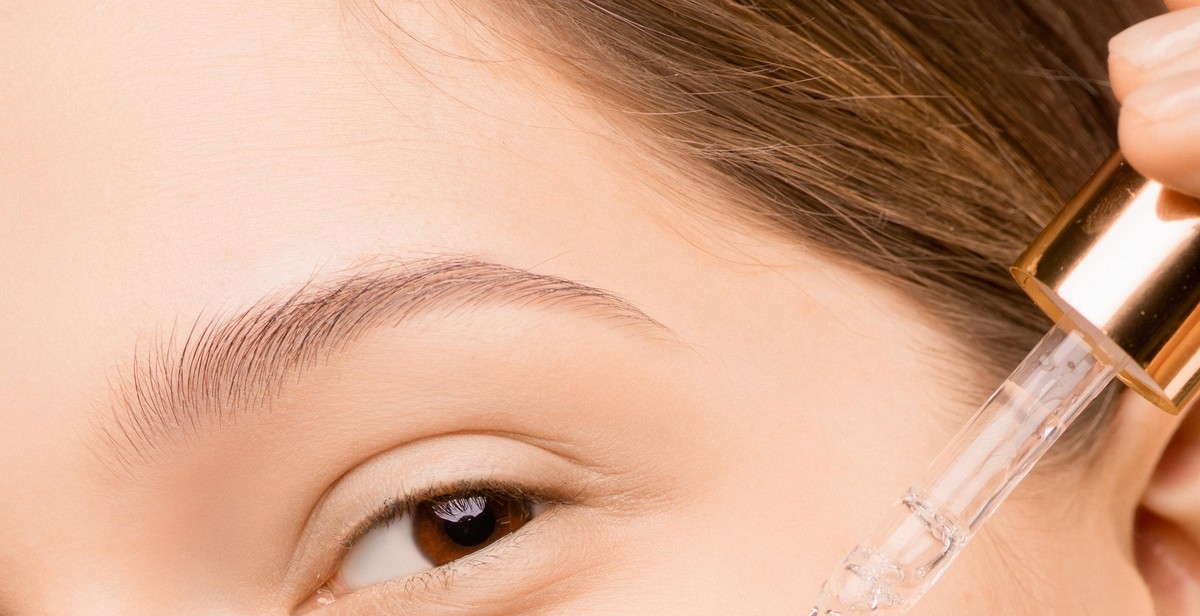How to Reduce Redness and Irritation in Sensitive Skin
Sensitive skin can be a real challenge to deal with. It can be easily irritated, leading to redness, inflammation, and discomfort. Whether you have naturally sensitive skin or you’re experiencing sensitivity due to environmental factors, it’s important to take steps to reduce redness and irritation. In this article, we’ll explore some effective ways to soothe and calm your sensitive skin.
Understanding Sensitive Skin
Sensitive skin is a condition that affects millions of people worldwide. It’s characterized by heightened sensitivity to various environmental and internal factors, such as harsh chemicals, fragrances, weather changes, stress, and hormonal fluctuations. People with sensitive skin may experience redness, itching, dryness, flakiness, and other uncomfortable symptoms.
The Importance of Proper Skincare
Proper skincare is essential for people with sensitive skin. Using gentle, non-irritating products can help reduce redness and inflammation. It’s important to avoid harsh chemicals, fragrances, and other potential irritants. Additionally, keeping your skin hydrated and moisturized can help prevent dryness and flakiness, which can exacerbate sensitivity.
Tips for Reducing Redness and Irritation
- Use gentle, fragrance-free skincare products
- Avoid hot water and use lukewarm water instead
- Pat your skin dry with a soft towel instead of rubbing
- Avoid using exfoliants or scrubs on sensitive skin
- Apply a soothing, hydrating moisturizer regularly
- Avoid prolonged exposure to the sun and use sunscreen
By following these tips and taking good care of your sensitive skin, you can reduce redness and irritation and enjoy a more comfortable, healthy complexion.

Understanding Sensitive Skin
Sensitive skin is a common skin condition that affects many people. It is characterized by a heightened sensitivity to certain products or environmental factors that can cause redness, irritation, itching, and other discomforts. Individuals with sensitive skin may also experience dryness, flakiness, and a burning sensation on their skin.
What is Sensitive Skin?
Sensitive skin is a skin type that is prone to react negatively to certain products or environmental factors. This type of skin is often characterized by a thin epidermis layer, which makes it more susceptible to irritants and allergens. Sensitive skin can be caused by various factors such as genetics, hormonal changes, and environmental factors.
Individuals with sensitive skin may experience discomfort when using certain products, such as skincare products, cosmetics, and fragrances. They may also be more prone to skin conditions such as eczema, rosacea, and psoriasis.
Causes of Redness and Irritation in Sensitive Skin
There are several causes of redness and irritation in sensitive skin. These include:
- Allergens: Certain allergens such as pollen, dust, and pet dander can trigger an allergic reaction in individuals with sensitive skin.
- Irritants: Harsh chemicals found in skincare products, cosmetics, and detergents can cause irritation and redness in sensitive skin.
- Weather: Extreme temperatures, humidity, and wind can cause redness and irritation in sensitive skin.
- Hormonal changes: Hormonal changes during puberty, pregnancy, and menopause can cause sensitive skin and redness.
- Stress: Stress can trigger an inflammatory response in the body, which can cause redness and irritation in sensitive skin.
It is important to identify the cause of redness and irritation in sensitive skin to effectively manage the condition. Avoiding triggers such as harsh chemicals, allergens, and extreme weather conditions can help reduce redness and irritation. Using gentle skincare products and avoiding over-exfoliating can also help manage sensitive skin.
| Tip: | Always do a patch test before trying out a new skincare product or cosmetic to avoid triggering an allergic reaction or irritation. |
|---|
In conclusion, sensitive skin can be a challenging condition to manage, but with the right skincare routine and avoidance of triggers, it can be controlled. Identifying the cause of redness and irritation in sensitive skin is crucial in effectively managing the condition. Consultation with a dermatologist is recommended for individuals with severe or persistent symptoms.

Tips to Reduce Redness and Irritation in Sensitive Skin
Sensitive skin can be a real challenge to deal with, especially when it comes to reducing redness and irritation. However, with the right approach, it is possible to manage these symptoms effectively. Here are some tips to help you reduce redness and irritation in sensitive skin:
1. Use Gentle Cleansers
When it comes to sensitive skin, gentle is always better. Look for cleansers that are specifically formulated for sensitive skin and avoid products that contain harsh ingredients like alcohol or fragrances. These can strip your skin of its natural oils and cause further irritation.
2. Avoid Harsh Ingredients
In addition to avoiding harsh cleansers, it’s important to steer clear of other harsh ingredients that can aggravate sensitive skin. These include things like exfoliants, retinoids, and alpha-hydroxy acids. Instead, opt for products that contain soothing ingredients like aloe vera, chamomile, and oatmeal.
3. Moisturize Regularly
Moisturizing is key when it comes to reducing redness and irritation in sensitive skin. Look for moisturizers that are fragrance-free and hypoallergenic, and apply them regularly to keep your skin hydrated and healthy.
4. Protect Your Skin from the Sun
Sun exposure can be particularly damaging to sensitive skin, so it’s important to protect yourself with a broad-spectrum sunscreen. Look for a product with an SPF of at least 30 and apply it every day, even when it’s cloudy outside.
5. Use Anti-Inflammatory Products
Products that contain anti-inflammatory ingredients like green tea, licorice extract, and niacinamide can be particularly helpful in reducing redness and inflammation in sensitive skin.
6. Use a Humidifier
Dry air can be particularly harsh on sensitive skin, so using a humidifier can help keep your skin hydrated and healthy. This is especially important during the winter months when indoor heating can dry out the air.
7. Manage Stress Levels
Stress can exacerbate skin conditions like rosacea and eczema, so it’s important to manage your stress levels as much as possible. Try relaxation techniques like meditation or yoga, or talk to a mental health professional if you’re struggling with chronic stress.
8. Avoid Hot Showers and Baths
Hot water can be incredibly drying and irritating to sensitive skin, so it’s important to avoid hot showers and baths. Instead, opt for lukewarm water and keep your showers and baths short.
9. Keep a Skincare Diary
Keeping a skincare diary can help you identify patterns in your skin’s reactions to certain products and ingredients. This can be incredibly helpful in determining what works best for your sensitive skin.
10. Consider Seeing a Dermatologist
If you’re struggling with persistent redness and irritation despite your best efforts, it may be time to see a dermatologist. They can help you identify any underlying skin conditions and recommend treatments that are tailored to your specific needs.

Conclusion
Reducing redness and irritation in sensitive skin is a crucial step towards achieving healthy and glowing skin. By following the tips and guidelines discussed in this article, you can effectively manage and soothe your sensitive skin.
Key Takeaways
- Always use gentle and fragrance-free skincare products specially formulated for sensitive skin.
- Limit exposure to environmental factors that can trigger sensitivity, such as harsh weather conditions and pollution.
- Stay hydrated by drinking plenty of water and using a hydrating moisturizer.
- Implement a consistent skincare routine that includes cleansing, moisturizing, and protecting your skin from the sun.
- Consult with a dermatologist if you experience persistent redness and irritation.
Final Thoughts
While sensitive skin can be challenging to manage, it is not impossible to achieve healthy and radiant skin. By being mindful of the products and environmental factors that affect your skin, you can effectively reduce redness and irritation and enjoy a clear, glowing complexion.
| Source | Link |
|---|---|
| Mayo Clinic | https://www.mayoclinic.org/diseases-conditions/rosacea/symptoms-causes/syc-20353815 |
| National Eczema Association | https://nationaleczema.org/eczema/types-of-eczema/sensitive-skin/ |
| American Academy of Dermatology Association | https://www.aad.org/public/everyday-care/skin-care-basics/dry/sensitive-skin |
